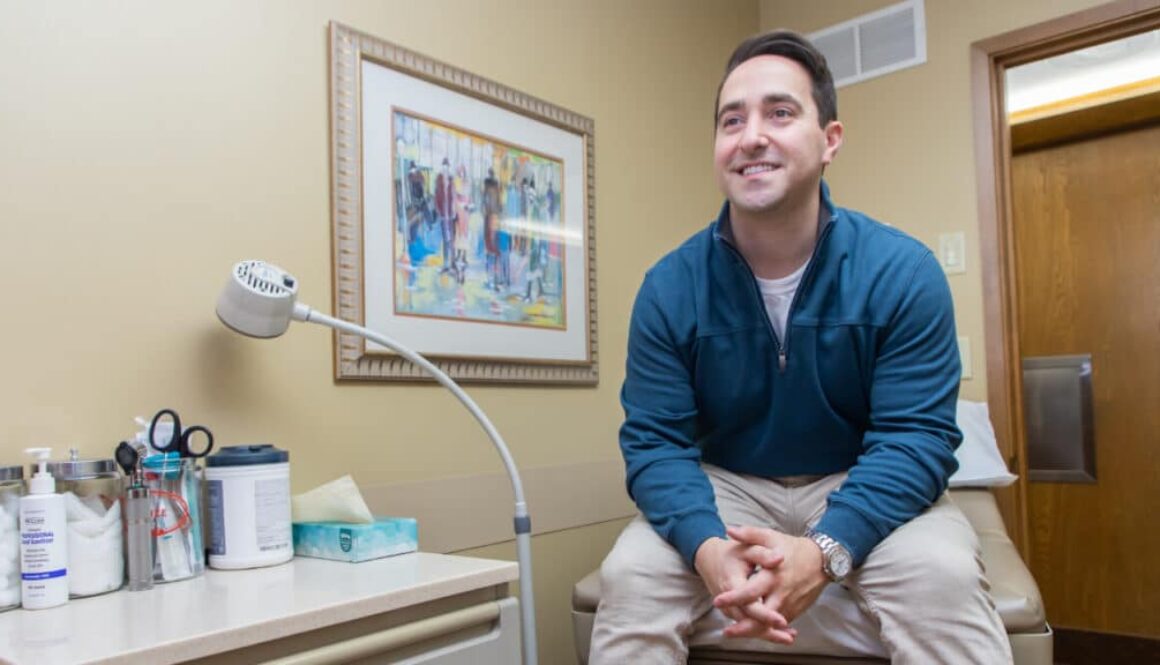What Happens at a Preventive Mole Screening?
Preventive screenings are an essential part of maintaining your health, and that includes mole screenings.
Most moles are perfectly benign, but some can indicate a condition such as skin cancer. Like any other type of preventive care, it’s best to get your moles screened sooner rather than later so that you can expedite treatment options.
What is a Mole Screening?
A mole screening, sometimes known as a skin cancer screening, is a thorough examination of your skin by a trained healthcare professional, focusing on moles and other skin lesions.
When Should You Get Moles Checked?
If you notice a change in the color, shape or texture of your mole, it could be an early sign of melanoma. Keep an eye out for flaking, itching or scabbing during this time. A benign mole won’t change, while a cancerous mole will grow.
In most cases, a mole should be no larger than a pencil eraser. While some large moles are benign, it’s a good idea to check them frequently and ensure they remain so.
Perhaps the most obvious sign that you should get your mole checked is if it is newly developed. Moles that develop later in life are often a sign of prolonged sun exposure and potentially skin cancer.
How to Prepare For Your Mole Screening
The best way to prepare for your upcoming mole screening is to make a list of suspicious spots to ask your provider about – it can be easy to forget in the moment!
We also recommend you don’t wear makeup or clothing that’s difficult to adjust on the day of the screening, so that your provider can access all areas of your skin.
What to Expect at the Exam
A mole screening is a quick and easy process that takes just 10-15 minutes. Your provider will perform a full-body examination, from the more obvious spots like your face and arms to the less-obvious ones like your scalp and the soles of your feet. They may also take photographs for future reference.
Understanding the Results
After the examination, your provider will discuss any findings, answer your questions and may recommend further tests or follow-up appointments if needed.
Please note that nothing will be diagnosed during your preventive mole screening. This is done with a test called a biopsy and requires a follow-up appointment.
Schedule Your Preventive Mole Screening
Regular preventive mole screenings are vital for skin health and can save lives through early detection. If you haven’t had one in the past year, or have concerns about your skin, now is the time to act.
Richfield Medical Group offers preventive skin care, including mole screenings, skin biopsies and minor excisions. Contact us today to schedule your appointment.




